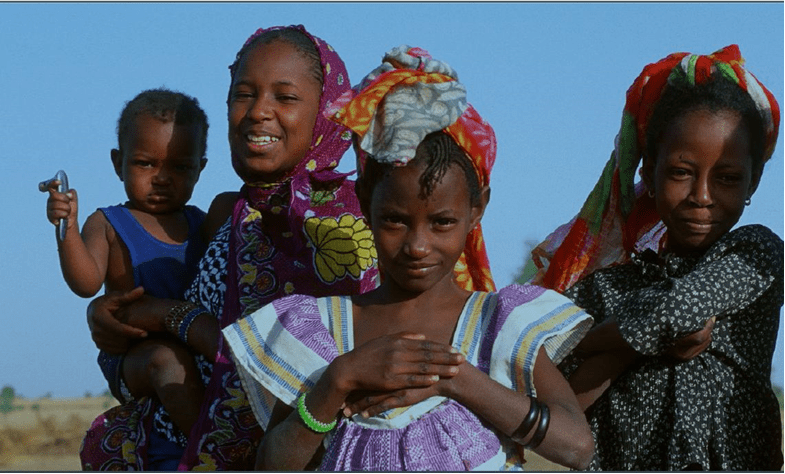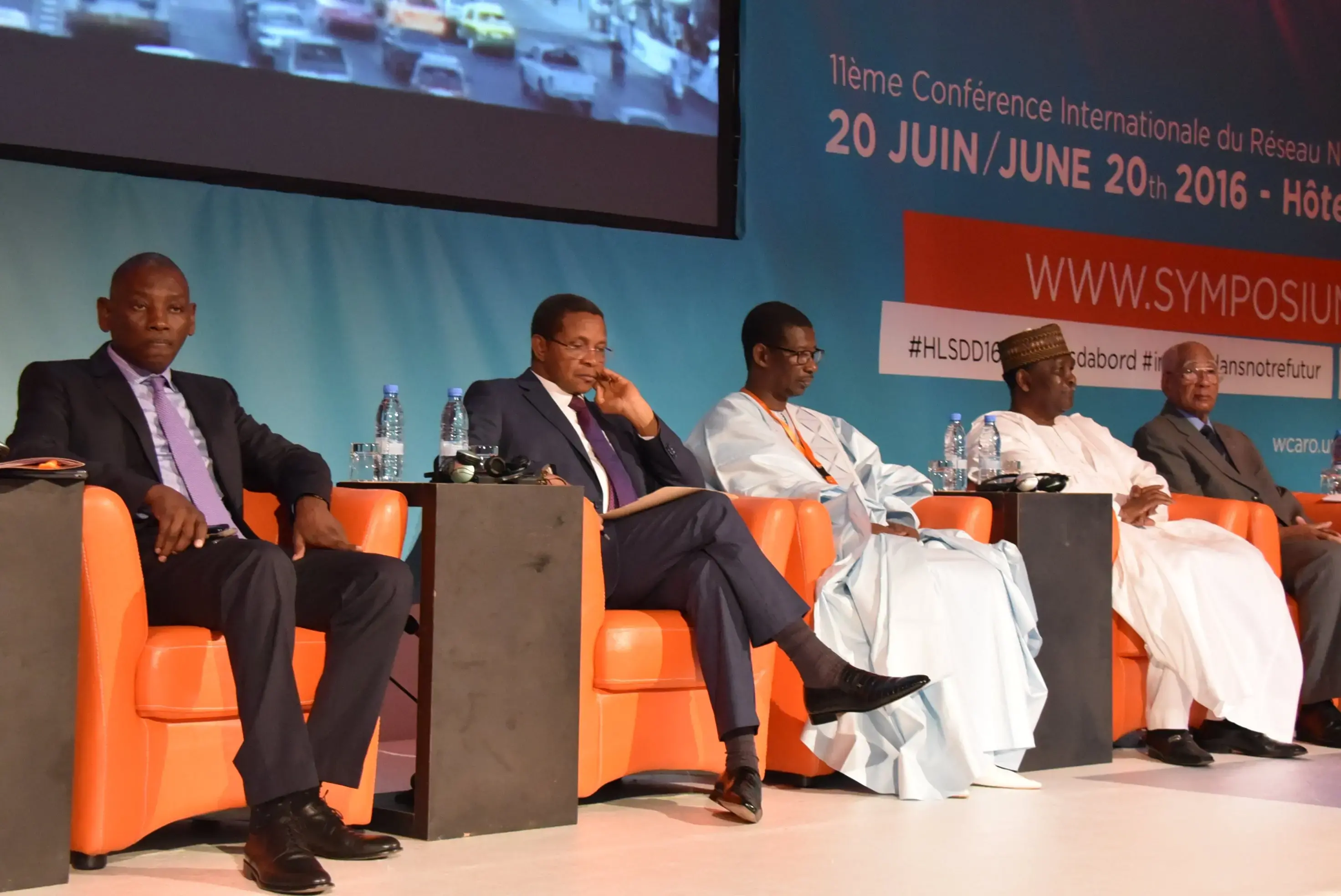Millions of girls around the world are still threatened by genital mutilation/cutting (FGM/C), despite a century of efforts to put an end to it. Human development cannot be fully achieved as long as women and girls continue to suffer from this human rights violation or live in fear of it, said UNFPA Executive Director Babatunde Osotimehin in a statement on the International Day of Zero Tolerance to FGM on Thursday.
Dr Osotimehin's statement noted that in the 29 countries in Africa and the Middle East where the practice is concentrated, more than 125 million girls and women have been cut. UNFPA projects that a further 86 million young girls worldwide are likely to experience some form of the practice by 2030, if current trends continue.
"It is unacceptable that these human rights violations continue to threaten the lives and futures of so many women and girls. It is an affront to their human dignity, an assault on their health and an impediment to the well-being of their families, communities and countries," he added.
Some successes have been noted in accelerating the abandonment of FGM/C in some communities and countries : Uganda, Kenya and Guinea-Bissau have recently adopted laws criminalizing the practice.
A number of other countries have adopted culturally sensitive programmes aimed at changing social norms, often by engaging community elders, men and boys.
"But the challenge of eliminating female genital mutilation/cutting everywhere remains enormous and we must step up our efforts. FGM/C poses devastating short- and long-term consequences for the health of women and girls. It is imperative that we protect them, provide support to those who have been subjected to this brutal practice and address the adverse sexual and reproductive health consequences they suffer.
"UNFPA is unequivocally committed to promoting and protecting human rights , including the rights of young people, especially adolescent girls. We believe that when they can claim their right to health, including access to sexual and reproductive health, to education and to decent work, they become powerful agents for social and economic development," Dr Osotimehin said. Read Full Statement
Related Resources:
Driving Forces in Outlawing the Practice of Female Genital Mutilation/Cutting in Kenya, Uganda and Guinea-Bissau
A ligning with Local Cultures to End Female Genital Mutilation/Cutting




